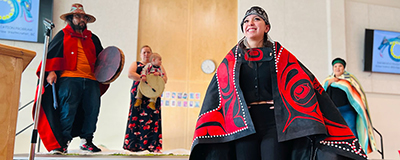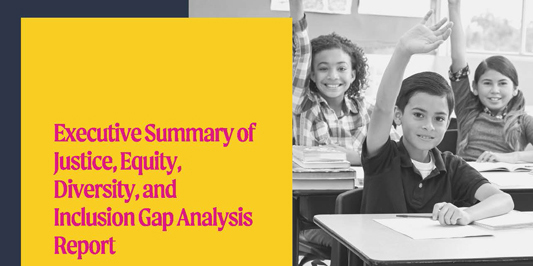
Registering for kindergarten
The regular kindergarten registration period runs from November through to January, but we accept applications year-round.
Children are eligible to attend kindergarten on the year they turn five (i.e. we will accept four-year-old students if they turn five that same year when they start school). You may choose to hold your child back for one year if you believe they are not ready. In general:
- Children born in 2019 may start kindergarten in September 2024.
- Children born in 2020 may start kindergarten in September 2025.
For more information on how to register:
Is my child ready for kindergarten?
Yes!
Children develop at their own pace and attending kindergarten helps them pick up valuable learning and social skills required to succeed. We expect every student to show up on their first day with diverse physical, emotional, social, and mental development levels and interests. Our teachers will work with every student to help them grow, regardless of where their journey begins.
Getting ready for kindergarten
- Make sure your child gets nine to 10 hours of sleep at night. Try for an 8 p.m. bedtime.
- Prepare a healthy breakfast for your child along with nutritious snacks for the day.
- Ready daily with parents/caregivers and other family members.
- Prepare your child to use crayons, pencils, paper, glue, and scissors.
- Help your child recognize their own name.
- Have conversations with your child about their day, their likes, and interests.
- Ask your child questions and explore their ideas..
- Sit for 10-15 minutes to listen to a story or join a group discussion.
- Take part in daily physical activity (e.g. walks, biking, playground visits).
- Spent no more than an hour a day on electronic devices (e.g. computers, tablets, or television).
- Help your child get accustomed to using the washroom on their own and washing and drying their hands.
- Help your child get used to using the buttons and zippers on their clothing.
- Teach your child how to hang up their coat and put on and take off their shoes.
- Help your child learn how to open and close food containers and eat independently.
- Teach your child how to clean up after themselves and how to be responsible for their own materials..
- Teach your child how to zip and unzip their backpack and to carry their own things.
- Social and emotional well-being lead to success in kindergarten.
- Help your child learn how to play cooperatively through turn-taking and sharing.
- Teach your child the names of feelings and emotions like sad, happy, and angry.
- Help your child understand terms like "safe" and "unsafe" and "friendly" and "unfriendly".
- Let your child experience playing with others of the same age through playdates or school teams.
- Teach your child to wait for their turn, listen to others, and speak clearly.
- Help your child understand and follow simple, multi-step directions.
- Teach your child to be respectful towards others, including peers, siblings, and adults in the family, school, and the community.
- Teach your child to show compassion and empathy by being nurturing towards others.
- Help your child understand their unique and special role in the family and make them feel appreciated and loved.
After you’re registered and enrolled, schools will reach out each spring to offer families a chance to connect with the staff and school. Typically, families tour the school and meet a variety of school-based staff and local community service providers. Each family receives a Welcome to Kindergarten bag and is then provided with an opportunity to work hands-on with the resources in the bags.
Parent and caregiver resources
Here are a few suggested resources that may help your child prepare for school.
- Homemade play dough recipes for sensory play
- When I Go to Kindergarten student handbook
- Alphabet sound chart
- French alphabet chart
- Poem collection for new students
Other resources
- Play Today BC Handbook – |
- For information on supports for children with additional needs, please read the Transition to School: Kindergarten Entry in New Westminster handbook.��The handbook is a collaboration between the district, Supported Child Development (Simon Fraser Society for Community Living), and the BC Centre for Ability, and is designed as a guide for parents of children with special needs who are transitioning to kindergarten.
�������� the BC Early Learning Framework
The presents the principles, vision, and teaching methods relevant to working with children (and their families) from birth to Grade 3. Its concepts are interwoven with the B.C. Curriculum to inspire both early childhood educators and teachers working with children in Kindergarten to Grade 3.
The framework views learning and “being” as a process that happens as children and adults share ideas, materials, places, and histories. The BC Early Learning Framework hopes to inspire and support rich, joyful, early childhood spaces where children learn to live in ways that are local, inclusive, ethical, and democratic.
“Living enquiries” were once called “areas of learning” and refer to the way children, educators, materials, and ideas work together as children think and learn.
According to the framework, there are four living enquiries:
- Well-being and belonging.
- Others, materials, and the world.
- Communication and literacies.
- Identities, social responsibility, and diversity.



